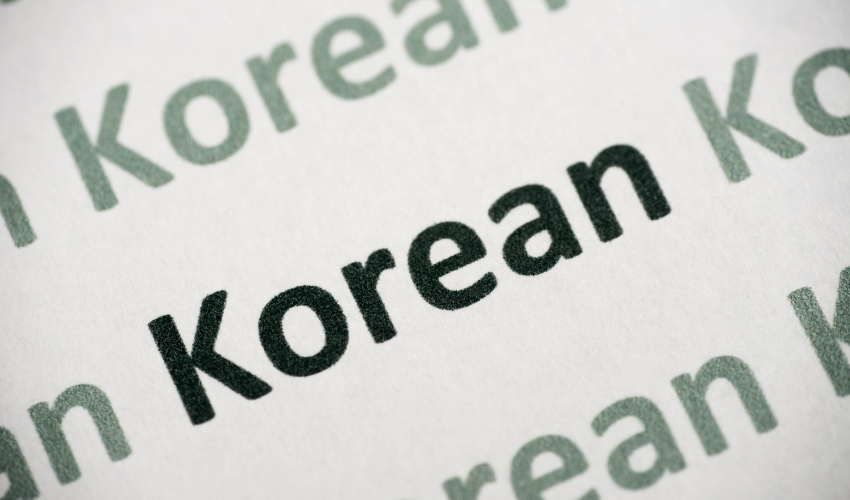Did you know that the Foreign Service Institute (FSI) has compiled a list ranking languages according to their learning difficulty, showing the approximate amount of time an English speaker should spend learning them? Of course, linguists may disagree with this ranking, but the list gives a general idea of how much time and effort a person should invest in learning a language. According to the FSI, Korean is one of the most difficult languages to learn, along with Chinese, Arabic and Japanese. However, Korean translation has become a highly demanded service as Korean culture has come to the forefront in the entertainment industry. In addition to its unique culture, Korean has become an important international language thanks to Korean high-tech companies such as Samsung, Hyundai and LG.
Why Should a Translator Learn Korean?
- Korean authorities want to increase the number of Korean speakers, so the Korean government has established 16 Korean language learning institutes in 13 countries. Unlike in previous eras, translation candidates are more willing to learn Asian languages than European languages in this era. There are fewer professionals working in the Korean translation market, which makes it easier to find a job and less competitive!
- In addition to Korea's success in the high-tech industry, with the emergence of online platforms like Netflix, the world has seized the opportunity to learn more about the fascinating Korean culture. It's safe to say that the Korean wave has been a success! One of the Korean translation services in high demand is Korean subtitle translation; Korean dramas have already hooked the world.
- Korea has become a major international player thanks to its success in many industries. Korean translation has also become in demand for cosmetics and beauty products. As the Korean cosmetics industry ranks 8th in the global cosmetics industry market share, Korean beauty products have captivated people around the world. Korean beauty products are delighting customers worldwide.
Although the demand for Korean translation services is growing every day, it is important to remember that knowing the basics of a language does not necessarily make a translator! Korean culture is deeply embedded in the fabric of the language, which means that one must master the target culture and language before providing Korean translation services.



Comments are closed